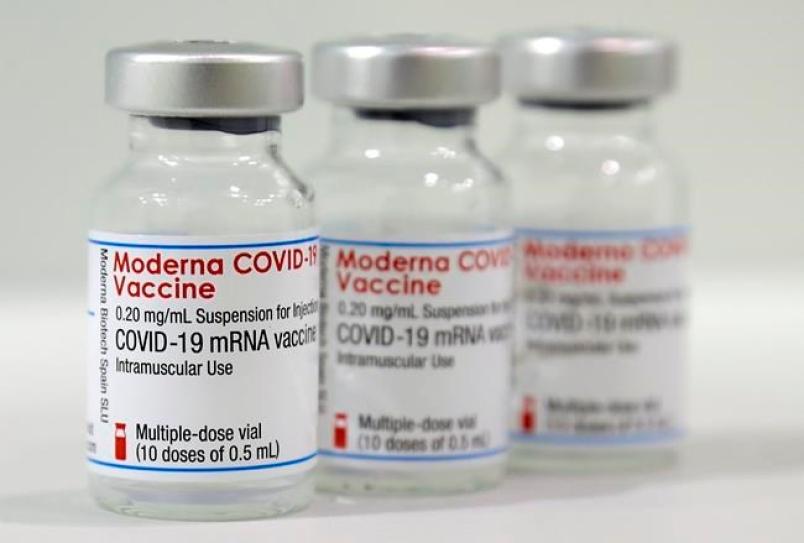Moderna applied for a so-called “biologics license” for its COVID-19 vaccine on June 1, a step up from its current emergency-use authorization, which would open the shot to interstate commerce and allow the drugmaker to market it directly to consumers.
The company’s mRNA vaccine was approved for emergency use by the Food and Drug Administration (FDA) in December under a mechanism that facilitates the availability and use of medical countermeasures during public health emergencies.





